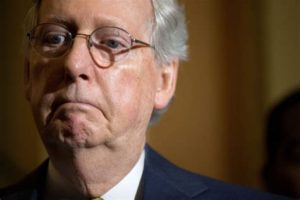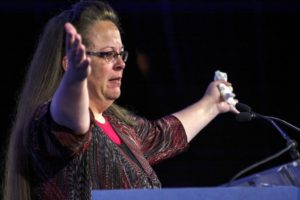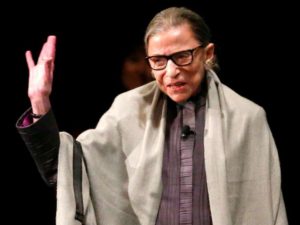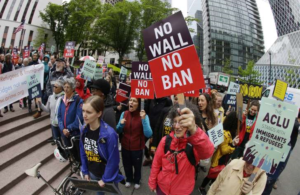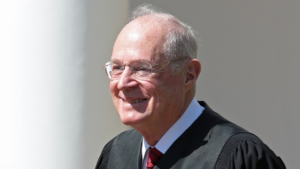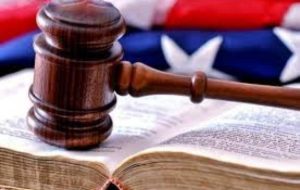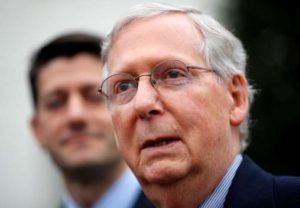Oh, how I wanted to give U.S. Senate Majority Leader Mitch McConnell the benefit of the doubt.
I didn’t like the way he stonewalled Barack Obama’s choice for the Supreme Court after Antonin Scalia died in 2016. Then he turned around and said all the right things about Roy Moore, the religious zealot — who also has been accused of sexually abusing girls; McConnell said Moore is unfit to serve in the Senate and he wanted him to end his candidacy.
Now the Republican from Kentucky is showing who he really is: a partisan powerhouse hack.
He doesn’t want to wait for Alabama U.S. Sen.-elect Doug Jones — the Democrat who beat Moore this week in that special election — to take his seat before voting on the GOP-authored tax cut bill. Moore is a certain “no” vote on the bill.
But wait! Seven years ago, a Republican was elected to the Senate from Massachusetts and McConnell insisted that the Senate wait for Scott Brown to take his seat before voting on whether to repeal the Affordable Care Act.
Which is it, Mr. Majority Leader? Is it right for one party to gum up the works, but not for the other party?
I refer to McConnell’s successful obstruction of President Obama’s nomination of Merrick Garland to the high court for a reason as well. McConnell wanted to hold off on confirming a Supreme Court pick until after the 2016 election. He was hoping Donald Trump would defeat Hillary Clinton, even though almost no one thought he would. His gamble paid off.
However, while obstructing the president, he accused Democrats of “playing politics” with the nomination by insisting that Judge Garland get a hearing and a vote. I trust you see the irony in that statement, as McConnell was “playing politics” like the master politician he has proven to be.
Now the Senate Republican majority is poised to foist a tax cut that will explode the federal budget deficit on Americans; analyses suggest it will benefit the wealthiest Americans while burdening the rest of us. But that’s OK, says Mitch. Bring it on!
Don’t wait for a duly elected Democrat to take his seat. We gotta get this bill to the president’s desk because we’re desperate for a win.
Oh, and never mind what he said before about Sen.-elect Brown. Hey, if Americans can ignore what the president says about his political foes, surely they’ll give McConnell a pass on his brazen duplicity.
